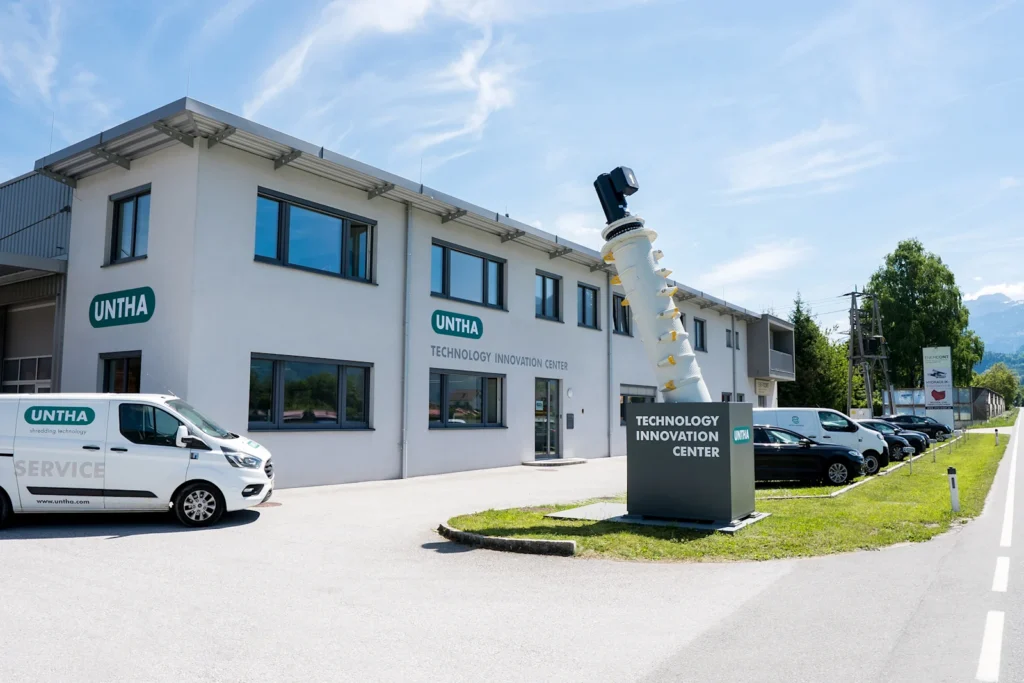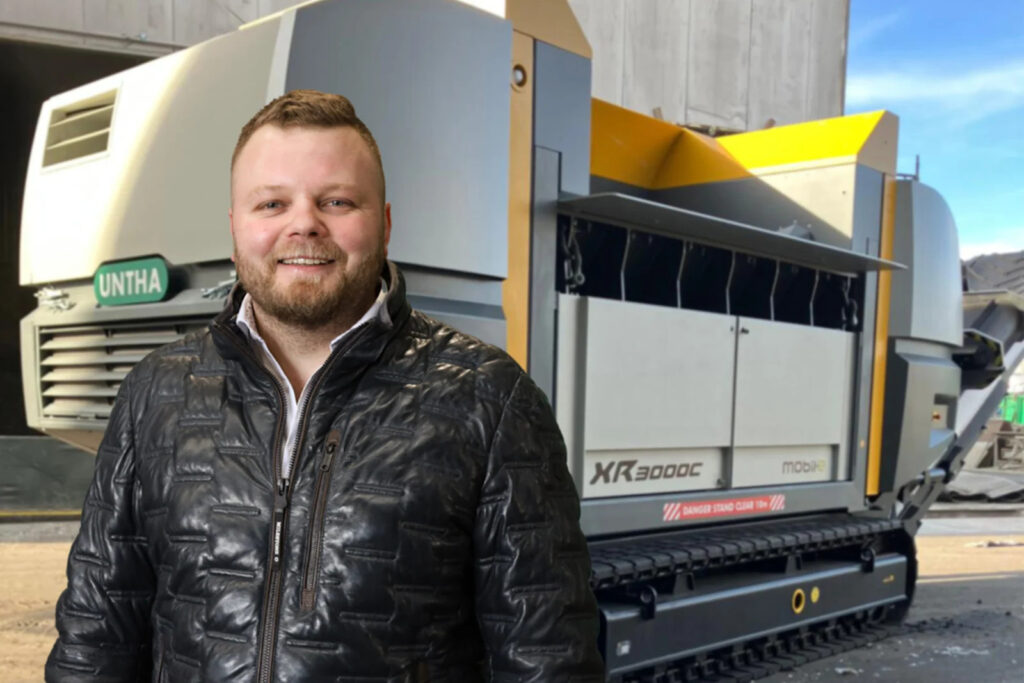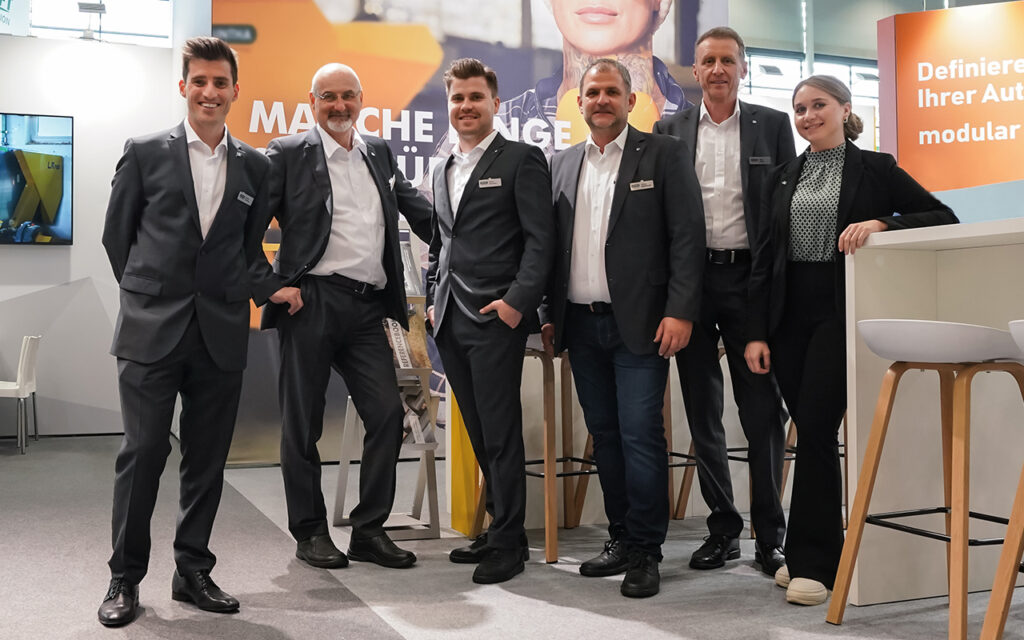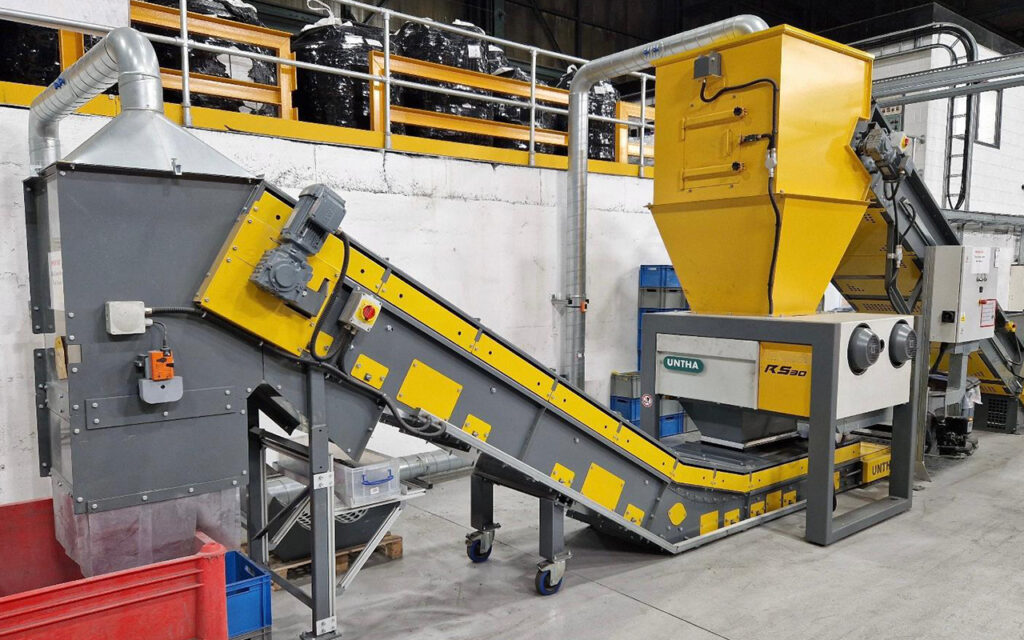Reliable shredding technology that goes back more than 50 years!
UNTHA shredding technology develops and manufactures customised, reliable shredding systems that are used in a wide range of applications, from material recycling to processing of residual and waste wood and the reprocessing of waste to produce alternative fuels. In this way, the company makes an important contribution towards the conservation of resources and the sustainable processing and reduction of waste.
The company was founded in 1970 and is headquartered in Kuchl near Salzburg. UNTHA has more than 300 highly qualified employees and a worldwide sales network that spans 40 countries on all continents, placing it among the world’s leading manufacturers in this growing, future-orientated industry.






























